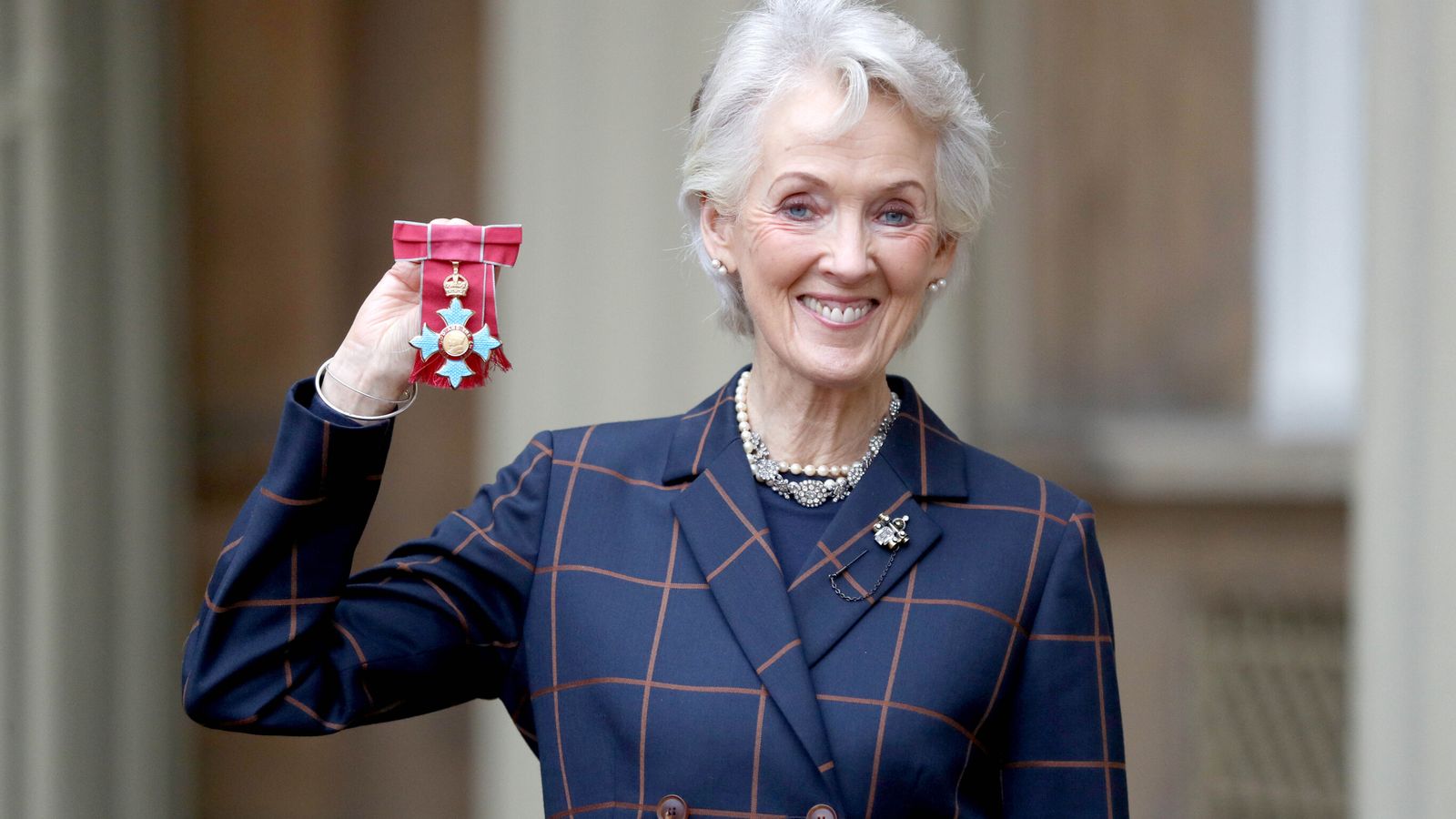Democrats have proposed an updated electric car incentive program at the federal level, which would go through their $3.5 trillion social spending bill.
It would remove the limit on the number of vehicles and replace it with a timeline, introduce a higher payout up to $12,500 and make it point-of-sale, but there are also new restrictions that would put Tesla at a $4,500 disadvantage.
Ever since President Biden took over the White House and the Democrats achieved a majority in both the House and the Senate, they have made it clear that they plan to reform the federal EV incentive program.
The current program has some important flaws. The main one is that it caps the $7,500 tax credit to 200,000 electric vehicles per manufacturer.
It puts automakers who were early proponents of electric vehicles, like Tesla and GM, at a disadvantage.
The second biggest problem is that the incentive takes the form of a $7,500 tax credit, which requires you to have the equivalent federal tax burden, and it is only applied on your next taxes.
Over the last year, there have been several proposals to reform the EV incentive.
The latest one is the Clean Energy for America Act, which would increase the incentive to up to $12,500 and remove the threshold of 200,000 EVs delivered by manufacturers.
Now the House Ways and Means Committee has approved a new version of the EV incentive program as part of their $3.5 trillion social spending bill.
Here are the main changes:
- Remove the 200,000 vehicles per manufacturer cap
- Keep the $7,500 incentive for new electric cars for 5 years
- Make the $7,500 incentive a point-of-sale discount instead of tax credit
- Add an additional $4,500 for EV assembled at union factories
- Add another $500 for EVs using batteries made in the US
- After the first 5 years, the $7,500 becomes only for US-made electric vehicles and it applies for another 5 years.
- They are introduce price limits on the EVs eligible for the incentives:
- Sedans under $55,000
- SUVs under $69,000
- Pickup trucks under $74,000
- Vans under $54,000
- They are also introducing caps on income to get access to the incentives, but they are fairly high at an adjusted gross income of up to $400,000 for individuals and up to $800,000 for joint filers.
As usual, these terms could change as the bill goes through the legislative process.
Electrek’s Take
I think that these changes are mostly positive. I like that they are giving foreign automakers a grace period. That will be really helpful not to slow the momentum of EV adoption in the US.
The 10-year period is more than enough to support EV adoption.
As for the price limits, I think they are high enough if not a little too high for the SUVs and pickup trucks.
My main issue is with the $4,500 additional incentive to electric vehicles that are coming out of union factories.
That has nothing to do with the reason we should be discounting EVs versus fossil fuel-powered vehicles.
The reason is to account for the cost to the environment and health that comes with burning gas. It has nothing to do with whether employees making those vehicles, electric or not, are part of a union.
The company most affected by this is going to be Tesla since their employees have not unionized.
I can’t help but think that this is a politically motivated move rather than a pro-environment move, which is disappointing.
However, I’m not going to complain too much because I think $7,500 is plenty of money for an EV incentive and $12,000 is likely too much in most cases.
The result is just really a $4,500 disadvantage to Tesla, which the company will have no problem with considering they have still been dominating the US market over the last two years with a $7,500 disadvantage.
Subscribe to Electrek on YouTube for exclusive videos and subscribe to the podcast.




















